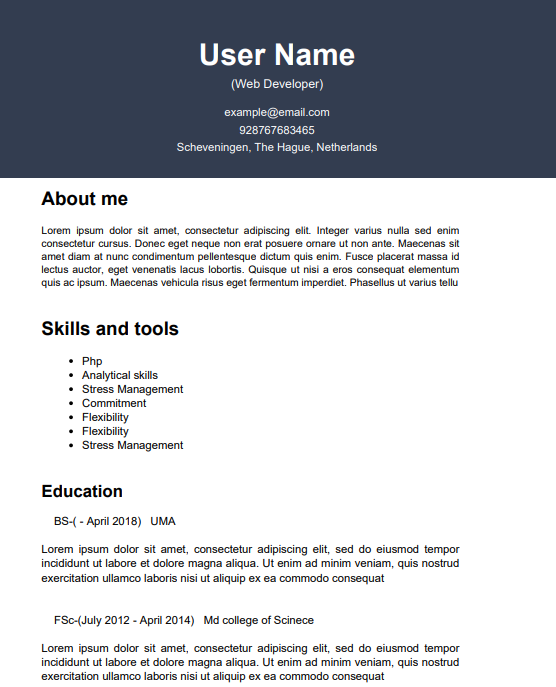How to Negotiate a Better Football Contract (Player)
When you consistently deliver exceptional performances on the pitch, surpassing your teammates and even the expectations set for you, it’s only natural to consider renegotiating your contract. Just as in any profession, your earnings in football reflect your value to the team. Feeling undervalued can dent your confidence and motivation.
Negotiating a better contract can be daunting. Determining the right time to approach the club management, deciding on the terms to ask for, and presenting your case requires careful planning. We’ve consulted with top sports agents and football experts to provide you with insights on this.
Should I Ask for a Better Contract?
If you genuinely believe your current contract doesn’t reflect your worth, especially if it’s been a while since your last negotiation, it’s worth bringing it up. As a player, reviewing your past match performances, accolades, and contributions to the team can boost your confidence. Remember, it’s not just about the goals or assists; it’s about your overall impact on and off the pitch.
Starting the conversation can be nerve-wracking. If you’re apprehensive, consider practicing your opening remarks. A strong start can set the tone for the entire discussion.
Understanding Your Market Value
Before sitting down with the club’s management, research the contracts of players with similar roles and contributions in comparable teams. This will give you a solid foundation to argue that your current contract isn’t competitive.
Several platforms provide insights into player salaries, endorsements, and other benefits. Additionally, consulting with sports agents or peers can give you a clearer picture.
When to Approach for a Contract Renegotiation
Timing is crucial. Consider these optimal moments:
- After a season where you’ve had outstanding performances.
- When the club announces significant financial gains or new sponsorships.
- When your current contract is nearing its end.
- After receiving accolades or awards.
Building Your Case
When discussing a contract renegotiation, it’s essential to highlight your achievements and contributions to the team. Quantify your impact wherever possible. For instance, mention specific matches where your performance was pivotal, or highlight your consistency throughout the season.
Handling Rejections
If the club declines your request, stay professional. Seek feedback and understand their reservations. This can help you strategize for future negotiations or even consider other career opportunities.
In Conclusion
Negotiating a better football contract is akin to asking for a pay raise in any profession. It requires preparation, understanding your worth, and effective communication. Whether you’re a budding talent or an established star, knowing how to navigate these discussions can significantly impact your football career.
Frequently Asked Questions (FAQs) about Football Contract Negotiations
1. How often should I renegotiate my football contract?
- While there’s no fixed rule, it’s advisable to consider renegotiation if there’s a significant change in your performance, role in the team, or if your current contract is nearing its end.
2. Can I use offers from other clubs as leverage during negotiations?
- Yes, having offers from other clubs can be a strong bargaining tool. However, it’s essential to approach this tactfully to maintain a good relationship with your current club.
3. What if the club is unwilling to meet my demands?
- If the club is unable to meet your terms, consider discussing other benefits like performance bonuses, better training facilities, or even a future role within the club. If you still feel undervalued, it might be time to explore opportunities elsewhere.
4. Should I involve an agent in my contract negotiations?
- While not mandatory, having a sports agent can be beneficial. They bring expertise, understand the market dynamics, and can negotiate on your behalf, ensuring you get the best deal.
5. How do I know if I’m being paid fairly compared to my teammates?
- While exact figures might be confidential, you can gauge your market value by comparing your contributions and performance with peers in similar roles, both within your team and in other comparable teams.
6. Can my contract include non-monetary benefits?
- Absolutely! Contracts can include various perks like housing, cars, training facilities, and even post-retirement roles. It’s essential to consider what’s valuable to you in the long run.
7. What happens if I’m injured during the contract period?
- Most professional football contracts have clauses related to injuries. It’s crucial to understand these terms, ensure you’re protected if an unfortunate injury occurs.
8. Is it advisable to have a lawyer review my contract?
- Yes, having a legal expert review your contract can help you understand the terms better and ensure there are no unfavourable clauses.
9. Can I renegotiate my contract before it ends?
- While it’s possible, early renegotiations typically happen when a player has shown exceptional performance or when there’s interest from other clubs. It’s essential to have a valid reason for early renegotiation.
10. How long do contract negotiations usually take?
- The duration can vary based on the complexity of the terms and the parties involved. While some negotiations can conclude within days, others might take weeks or even months.


